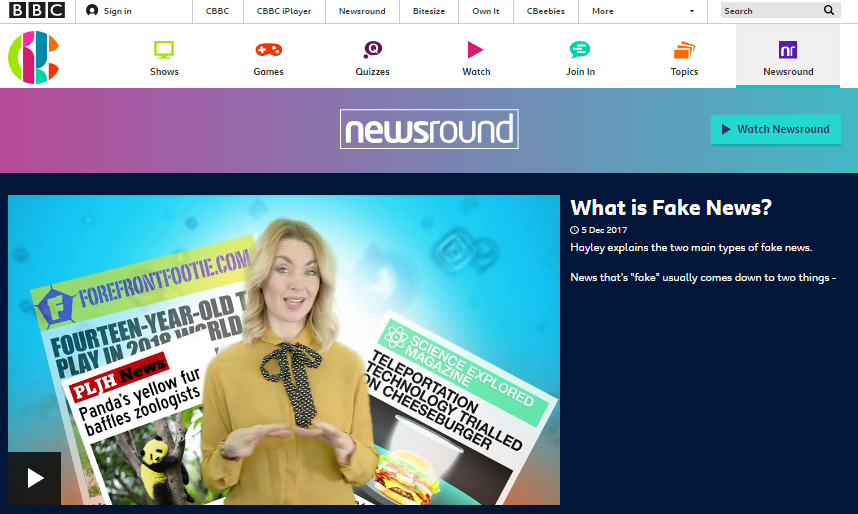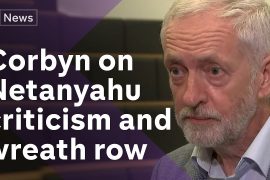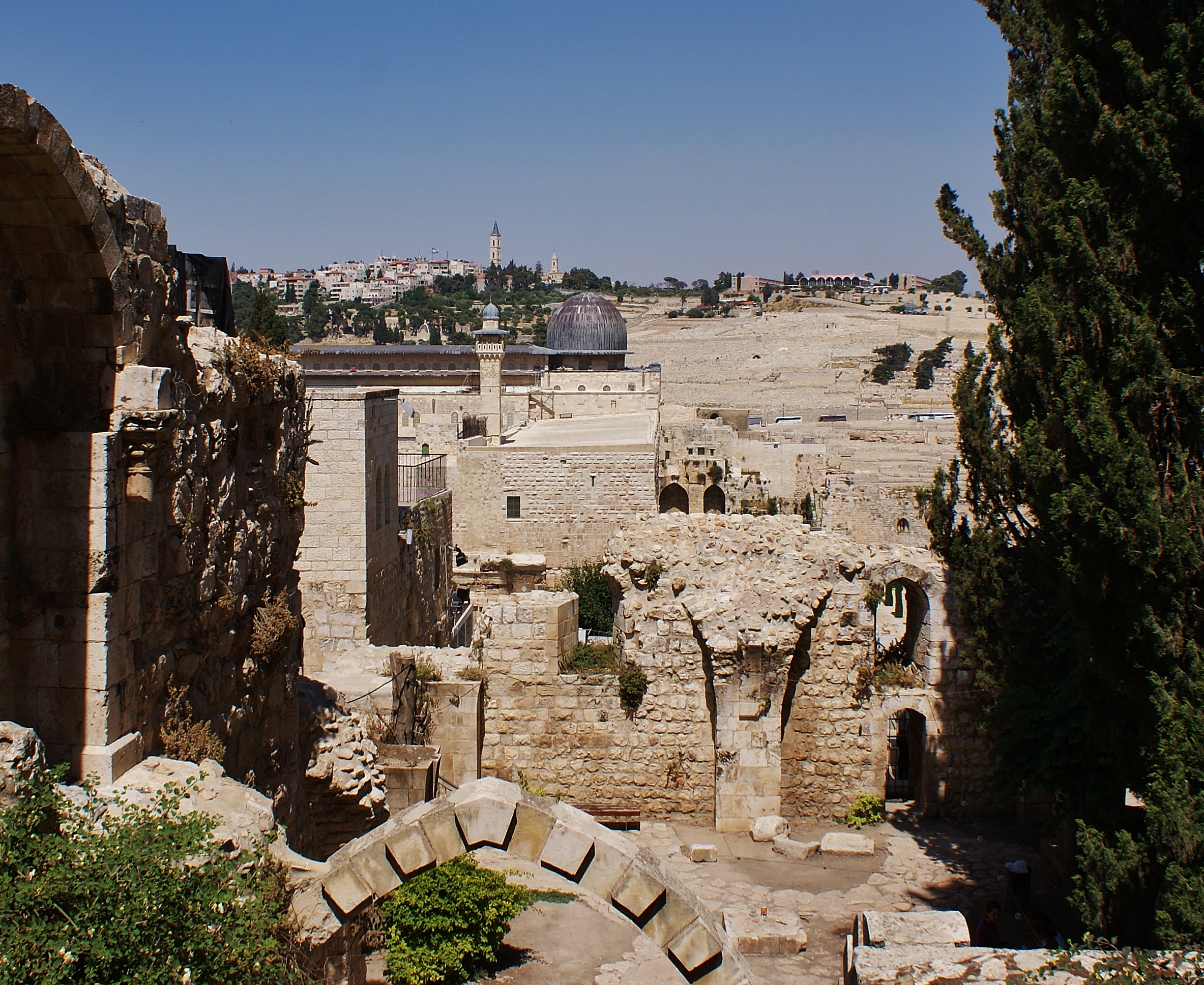Throughout 2018 the BBC continued to cover the topic of ‘fake news’, creating a dedicated webpage for items tagged under that topic and producing various guides to identifying fake news, including one aimed specifically at younger audiences.

“Fake news usually comes down to two things. Firstly, false news stories that aren’t true at all. They go online or are shared on social media even though the person writing them knows that they are made up. Number two: stories that may have some truth to them but the facts aren’t clear or checked properly or the writer has exaggerated some of it to mean what they want it to.” [emphasis in bold added]
This year too BBC Watch has documented numerous examples of misinformation promoted by the BBC and has submitted dozens of related complaints. Among the inaccurate claims made by the BBC to which we have managed to secure corrections in 2018 are the following:
1) The claim that a sign in Arabic promoting Boycott, Divestment and Sanctions related solely to “a boycott of Israeli products coming from Jewish settlements”.
BBC World Service amends inaccurate photo caption
2) The claim that the Israeli government “retroactively legalised an unauthorised settlement outpost” following a terror attack.
One month on BBC corrects inaccuracy regarding Israeli cabinet decision
3) The claim that Riyad Mansour is the “UN envoy for Palestine”.
BBC News website corrects Palestinian envoy’s title
4) The claim that the Argentinian football team’s cancellation of a friendly match against Israel was related to “Israel’s treatment of Palestinians in Gaza”.
BBC amends misleading Argentina match report after complaint
5) The claim that “Thousands [of Palestinians] have been imprisoned for refusing to leave their land”.
BBC’s ECU upholds part of BBC Watch ‘Alternativity’ complaint – part one
6) The claim that the head of the PLO delegation to Washington is an ‘ambassador’.
BBC News website amends inaccurate Palestinian envoy title
7) The claim that a crossing between Israel and the Gaza Strip had been closed.
BBC amends inaccurate photo caption two months on
8) The claim that UN forces were in control of the Golan Heights demilitarized zone.
Corrections secured to inaccurate BBC News website maps – part two
9) The claim that “for the first time” a Palestinian candidate was running for a seat on the Jerusalem city council.
BBC issues correction to inaccurate Jerusalem elections claim
10) The claim that the next Israeli election “had to be held by November this year”.
BBC Watch prompts correction to error on Israeli elections
Given the above examples of some of the many cases in which the BBC promoted news that included information that had not been properly fact checked, one might well conclude that the BBC’s focus on ‘fake news’ should begin at home.
BBC Watch would like to thank all the many readers who contacted us during 2018 to bring problematic BBC content to our attention. Please continue to write in – your tips are an invaluable contribution to our mission of identifying content that breaches BBC editorial guidelines and trying to secure corrections to claims that mislead and misinform the general public in a manner no less pernicious than those stories that the BBC does tag as ‘fake news’.
Related Articles:
BBC News report on 2017 ‘fake news’ excludes its own
After three months BBC corrects inaccurate claim
BBC’s ECU upholds ‘Andrew Marr Show’ complaint
BBC News website amends delayed post article headline following complaint
Corrections secured to inaccurate BBC News website maps – part one
BBC corrects inaccuracy in ‘Newsround’ article following complaints
BBC’s ECU acknowledges ‘international law’ inaccuracy




